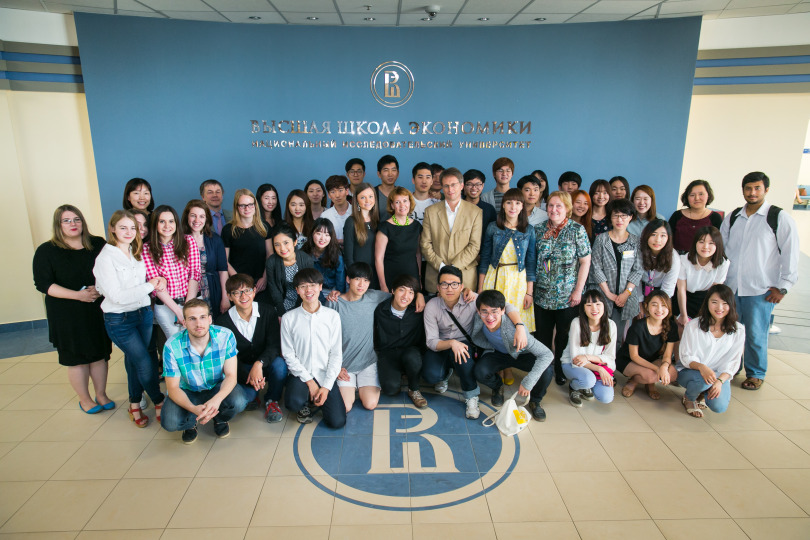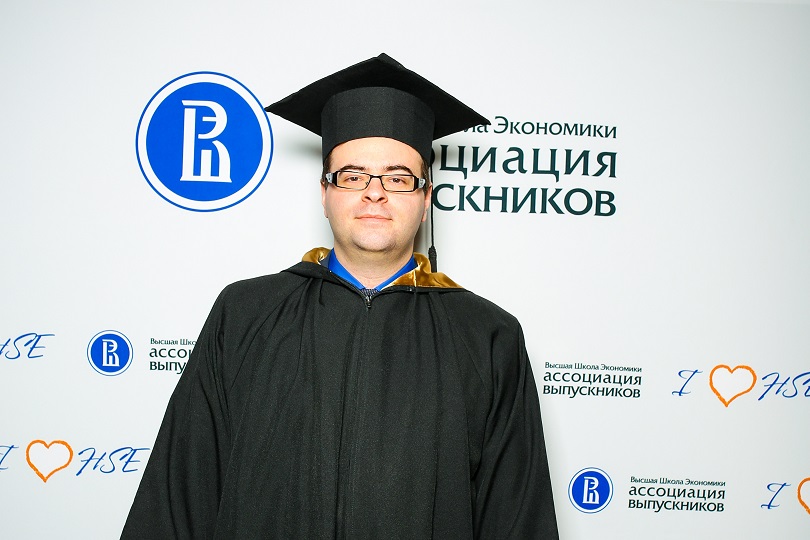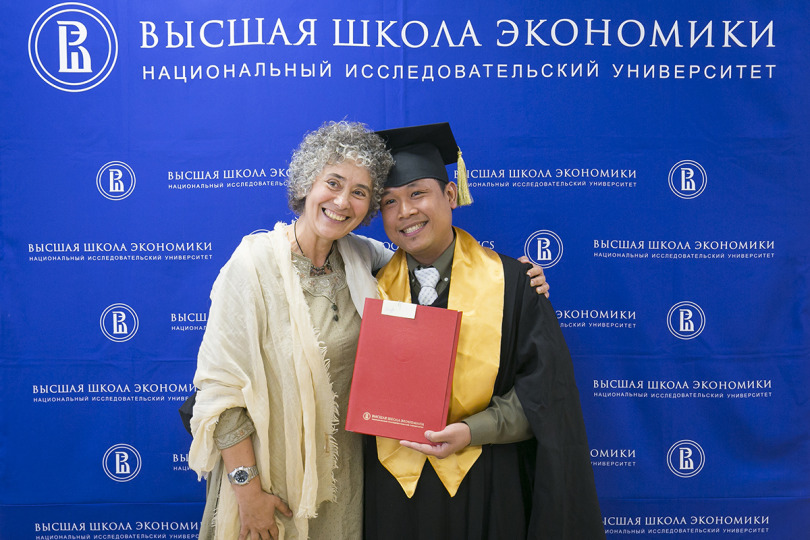
Tag "international students"


Shuchi Agrawal came to Higher School of Economics from Brown University, USA. She studied in the Math in Moscow programme in the spring semester of 2015. The programme is organized by HSE’s Faculty of Mathematics, the Independent University of Moscow, and Moscow Centre for Continous Mathematical Education.
Asher Bryant has been studying at the HSE Faculty of Pre-University Training course. Asher finished her education at Schoolcraft College in Michigan in 2005 and decided she wanted to learn Russian. She told HSE English News about her impressions of the course and how her desire to learn Russian has led her in unexpected directions.

Katherine Alberti came to work as an intern at HSE’s Faculty of Economic Sciences from the University of Texas at Austin. During the May holidays, Kat’s Russian friend invited her to come along on an adventurous journey. Kat had taken a medieval Russian literature class so she was prepared for Russian peculiarities. Visiting Veliky Novgorod gave Kat an opportunity to feel the foundations of Russian culture. Kat has shared her experience of exploring the city with Read Square, HSE online student magazine. She recommends going to Novgorod to discover how Russians of old used to live.


HSE Open 2015, an international tournament, was held by the HSE Debating Society in March. Participants included a number of highly experienced Russian debaters as well as a large number of international teams from Turkey, the U.S., the Netherlands and Germany. The tournament created an opportunity for participants to broaden their horizons and overcome stereotypes. International judges proposed a range of motions on topics such as subsidizing divorce, racially segregated prisons, economic sanctions as a war crime, subsidies to poets, and the possibility of teaching religion at school. Read Square, an online student magazine, spoke with one of the judges, as well as a participant in the event.
